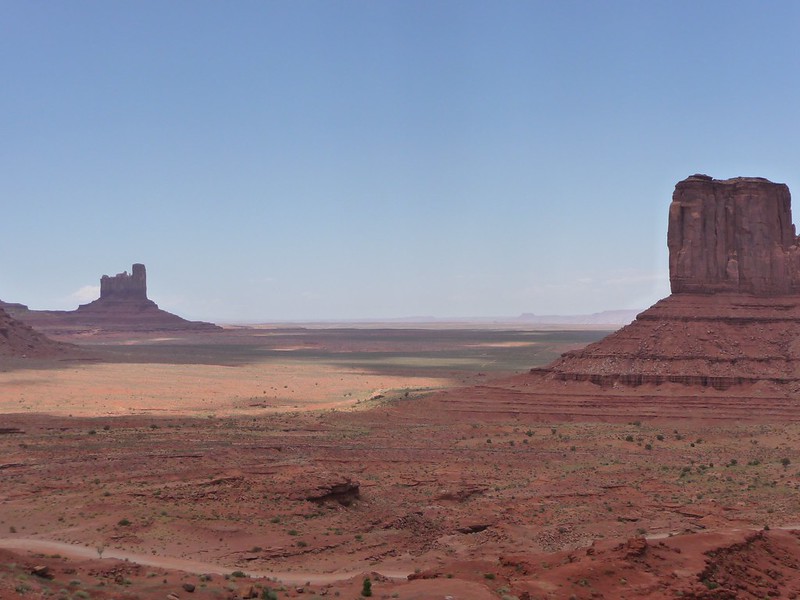
- Details
- By Jenna Kunze
Today, the National Congress of American Indians (NCAI) announced the formation of a new branch within its organization: the NCAI Sovereignty Institute, aimed at enhancing and supporting tribal governance in Indian Country.
The Sovereignty Institute will help develop usable data and resources to support tribal self-governance, according to NCAI’s press release. Included under the Sovereignty Institute will be NCAI’s Policy Research Center, Leadership Development and Tribal Programs, and Civic Engagement.
“New initiatives like the Sovereignty Institute are a result of building a grounded yet forward-thinking plan for NCAI, informed by the priorities of tribal leaders representing every corner of Indian Country,” NCAI President Fawn Sharp said in a statement. “We have many exciting things planned this year and we look forward to doing our part to help shape tribal governance in the 21st Century and to chart a new and prosperous path forward for Native peoples.”
Want more Native News? Get the free daily newsletter today.
Also today, the group announced the theme for its mid-year conference, set to take place this summer in Anchorage, Alaska: Thinking Beyond Self-Determination.
Sharp said the theme “sets the stage” to usher in a new era of proactive strategy, advocacy, and governance throughout Indian Country.
“The formation of the Sovereignty Institute at NCAI will provide innovative tools and resources to support Tribal Nations as they work to define this new era on their own terms,” she said.
To register for this year’s conference, or to learn more, visit ncai.org.
More Stories Like This
Navajo Council Committees Tackle Grazing Enforcement, Code RevisionsU.S. Must Fulfill Obligations by Protecting Programs
50 Years of Self-Determination: How a Landmark Act Empowered Tribal Sovereignty and Transformed Federal-Tribal Relations
Trump Veto Stalls Effort to Expand Miccosukee Tribal Lands
Oneida Nation Responds to Discovery Its Subsidiary Was Awarded $6 Million ICE Contracts
Help us defend tribal sovereignty.
At Native News Online, our mission is rooted in telling the stories that strengthen sovereignty and uplift Indigenous voices — not just at year’s end, but every single day.
Because of your generosity last year, we were able to keep our reporters on the ground in tribal communities, at national gatherings and in the halls of Congress — covering the issues that matter most to Indian Country: sovereignty, culture, education, health and economic opportunity.
That support sustained us through a tough year in 2025. Now, as we look to the year ahead, we need your help right now to ensure warrior journalism remains strong — reporting that defends tribal sovereignty, amplifies Native truth, and holds power accountable.
 The stakes couldn't be higher. Your support keeps Native voices heard, Native stories told and Native sovereignty defended.
The stakes couldn't be higher. Your support keeps Native voices heard, Native stories told and Native sovereignty defended.
Stand with Warrior Journalism today.
Levi Rickert (Potawatomi), Editor & Publisher


